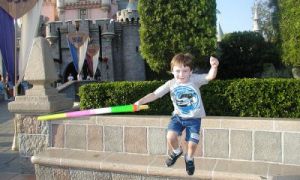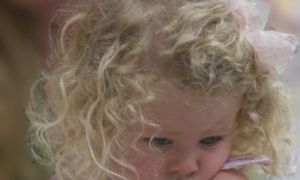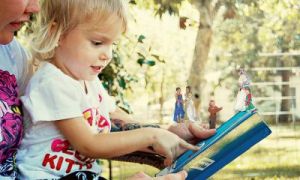Fine motor skills have improved during this point, with increased concentration and patience. These improvements in fine motor development allow school age children to focus and develop a wider variety of tasks, using their small muscles (especially arts n craft activities).
Fine Motor Development Milestones from 6 years+
- copies simple shapes (rectangle, triangle, circle etc.)
- does more detailed drawings (windows on a house, flowers in a garden etc.)
- scissor skills have improved (able to cut on curved lines, cuts out shapes and simple designs)
- is learning to write letters
- threads and manipulates small and large beads
- uses a knife and fork together (able to cut using a knife)
- has a clear preference of using either left or right hand for writing
- able to brush and comb own hair
- cuts out irregular shapes, pastes and uses sticky tape
- writes letters smaller, more regularly spaced and with consistent alignment
- have independent dressing skills (including being able to tie shoelaces)
- begins to write in lines
- guides movement of pencil with pencil rather than arm
- holds pencil with ease of movement
- correctly identifies left and right
- is independent in all aspects of self-care (brushing teeth, combing hair, taking a bath/shower etc.)
For fine motor skills activities that includes drawing, painting, colouring and cutting in a variety of arts n craft experiences should also be encouraged. Overall school age children will continue to develop their fine motor development through a wide range of experiences.


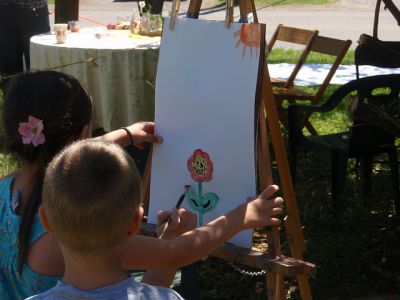

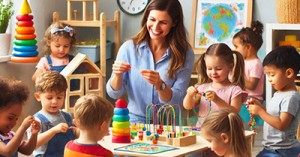
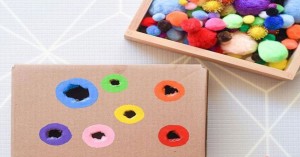

 Toddlers have a greater understanding of the world around them by this stage. Their cognitive development (also known as intellectual development and thinking skills) continues
Toddlers have a greater understanding of the world around them by this stage. Their cognitive development (also known as intellectual development and thinking skills) continues Infants begin to develop trust when parents begin to fulfil their needs. Such as changing an infant's nappy when needed, feeding on request and holding
Infants begin to develop trust when parents begin to fulfil their needs. Such as changing an infant's nappy when needed, feeding on request and holding Beginning at birth the construction of thought processes, such as memory, problem solving, exploration of objects etc, is an important part of an infant’s cognitive
Beginning at birth the construction of thought processes, such as memory, problem solving, exploration of objects etc, is an important part of an infant’s cognitive Toddlers want to do more on their own and do not like it when you begin to establish limits on their behaviour. Tantrums can become
Toddlers want to do more on their own and do not like it when you begin to establish limits on their behaviour. Tantrums can become Your preschooler is now able to focus their attention more accurately and is less influenced by distractions. The intensity of questions increase as your child
Your preschooler is now able to focus their attention more accurately and is less influenced by distractions. The intensity of questions increase as your child John Dewey is often seen as the proponent of learning by doing – rather than learning by passively receiving. He believed that each child was active,
John Dewey is often seen as the proponent of learning by doing – rather than learning by passively receiving. He believed that each child was active, Toddler advance and gains new skills in Gross Motor Development milestones achieved throughout earlier years. Co-ordination and challenges that could not be performed before such
Toddler advance and gains new skills in Gross Motor Development milestones achieved throughout earlier years. Co-ordination and challenges that could not be performed before such Erik Erikson developed a psychosocial theory to understand how we each develop our identities through eight stages of psychosocial development from infancy to adulthood. The
Erik Erikson developed a psychosocial theory to understand how we each develop our identities through eight stages of psychosocial development from infancy to adulthood. The At this point preschoolers begin to interact effectively with others. Play becomes more innovative and organized and “boyfriend” or “girlfriend” begins to emerge. Preschoolers have
At this point preschoolers begin to interact effectively with others. Play becomes more innovative and organized and “boyfriend” or “girlfriend” begins to emerge. Preschoolers have From now, babies begin to identify and respond to their own feelings, understanding other's feelings & needs and interact positively with others. A baby's social and
From now, babies begin to identify and respond to their own feelings, understanding other's feelings & needs and interact positively with others. A baby's social and